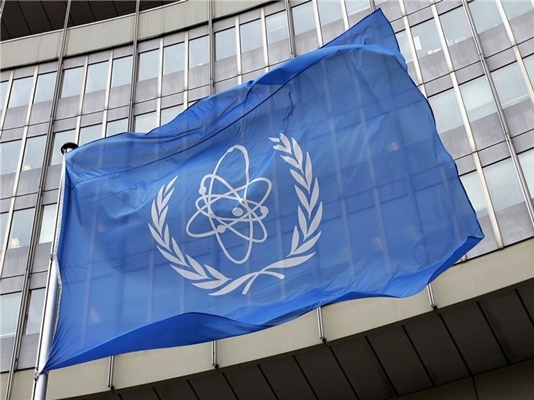In a series of tweets, Kazem Gharibabadi said Rafael Grossi’s Monday reports on Iran’s nuclear program “ignore the level of cooperation and engagement” between the two sides.
“This approach could turn into an obstacle for future good-will interactions between the two sides,” Gharibabadi warned.
“The Agency’s report lacks triple C: it’s not “consistent” in relations with the background of cooperation between two sides; it’s not “credible” since is not based on reliable sources; it’s not “convincing” since does not contain all aspects of the cooperation and progress made.”
The Iranian official also called for a positive environment to facilitate constructive engagement with the IAEA. He said the agency needs to avoid pre-judgment and artificial concerns.
“The Agency shouldn’t act as if it’s supporting the political agenda of some against the others,” he said.
Last week, Grossi published two quarterly reports to the IAEA’s board of governors. The reports address the verification process of the Iran nuclear deal and what he called outstanding issues on Iran’s compliance with the safeguards agreement.
Grossi accused Tehran of failing to answer questions about what he called the discovery of uranium particles at undeclared nuclear sites in the country.
Gharibabadi said Iran is working with the agency to address its concerns. But he warned that Iran will review its cooperation with the agency if it adheres to its political approach toward the Islamic Republic.
Gharibabadi also criticized the IAEA for refusing to address Israel’s arsenal of nuclear weapons. He said the agency must take a clear stand on the regime’s nuclear threat, the “unacceptable” fact that it has never joined the Nuclear Non-Proliferation Treaty and its refusal to place all its nuclear activities under the IAEA safeguards agreement.
